Unveiling the Unseen: Navigating Obstacles and Opportunities on the Way to College–Part 2
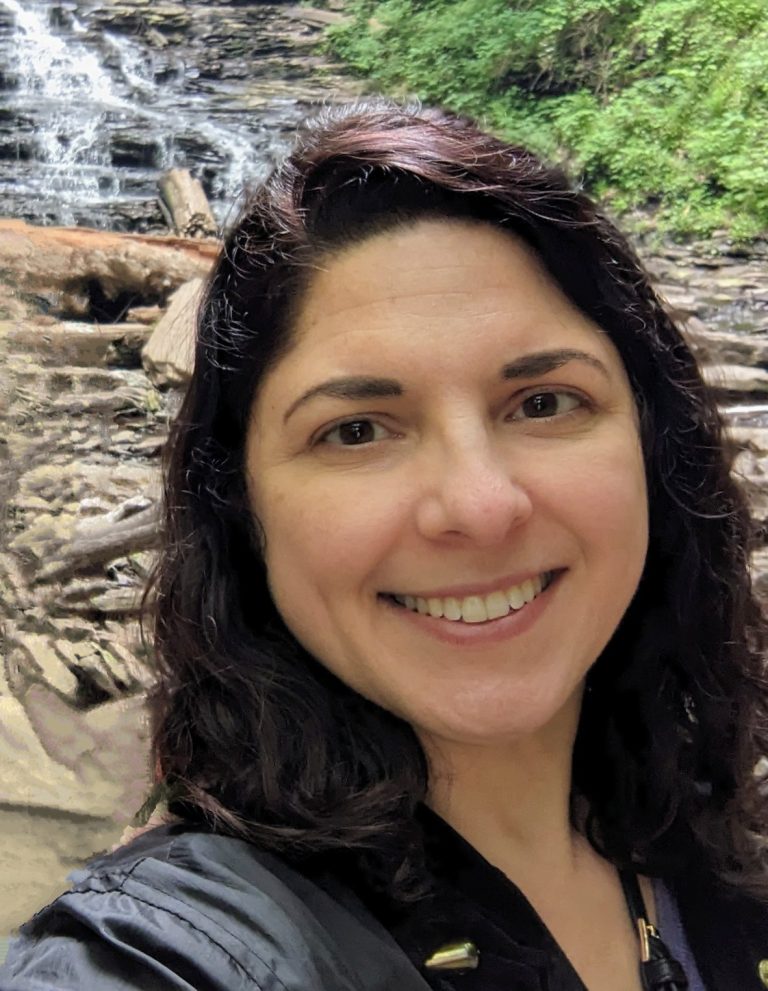
Today I bring you the second half of Naomi’s story. You can read the first part here.
By Naomi Clark, PhD
Taking Ownership of My Literacy
Leaving the Fold
A few years after finishing high school, I moved with my family to western Oklahoma. In keeping with the tradition, I was ein großes Mäd who kept house and helped raise my younger siblings, biding my time until my 21st birthday when I would be of age and could leave home. The reality that I was already of age at 18 was not recognized in our family and without the means to earn an income and live independently, leaving home any sooner wasn’t an option.
During these young adult years, I read voraciously and began asking questions about our theology, beliefs, and practices. I was greatly inspired by the accounts of early Anabaptists, and their commitment to following truth wherever it might lead. Yet what would unsettle me most wasn’t the answers I was given; it was being told to stop asking questions that I raised in good faith. In contrast to what I had been taught my whole life about the importance of an individual relationship with God and about the need for personal convictions, now as a young adult, I was being told I didn’t really need to know what the Bible taught about a given issue. Instead, obedience should be a sufficient reason to follow the party line.
Internal contradictions such as these not only shook me to my core, but also shook my confidence in my elders and the tradition they represented. Shortly after my 21st birthday I moved out and joined a small evangelical fundamentalist church in Oklahoma City. That move was every bit as fraught and difficult as one might imagine. My family was sure I was joining a cult. And, yet, they were the ones doing everything within their power to close every possible exit, to prevent me, a legal adult, from leaving home.
I was determined to leave with my dignity intact and give a minimum of grist for the inevitable rumor mill. I didn’t want to give anyone the satisfaction of later discrediting me by calling me a “runaway.” (Although 26 years later, my advice now to someone in that situation would be nevermind the rumor mill; do what you need to do!) To my parents’ credit, I was eventually able to move out in broad daylight and give my family members a proper goodbye–but not without causing us all incredible heartache. My leaving was a greater sorrow to my parents than if I had died.
Once in Oklahoma City, I worked in retail purchasing for several years. Eventually, I began to recognize many of the same elitist and controlling tendencies popping up in the evangelical fundamentalist church I had joined. Initially, I thought the Beachy Amish churches weren’t legalistic about the right things. Now that I was experiencing a sense of deja vu, I began to realize that legalism itself was the problem.
College at Last
Burned out with my job and the church, I was ready for a change. I decided to move back to western Oklahoma and attend Southwestern Oklahoma State University (SWOSU), a regional state school that was affordable, near my family, and where I could rent a house with a friend who was herself in the process of leaving the Beachy Amish church.
I still felt lost when it came to college, but by this point (nine years after finishing high school) I had the life experience to know that one step at a time could get me there. I called the Admissions office and this started a chain of events where I ended every conversation with University staff by asking, “So what do I do next?”
As an avid reader who did not feel nearly so confident in my math and science skills, I gravitated toward the humanities, majoring in English and minoring in Spanish. Not that I was exactly prepared to be an English major either–in high school, we read missionary biographies and books about Creationism rather than Shakespeare or F. Scott Fitzgerald. In these ways, my high school education left many gaps in my learning. However, Deborah Brandt would remind us that despite the barriers we encounter, our backgrounds also equip us with unique literacies that we can leverage for our own purposes. In this case, having spent a childhood reading and memorizing passages from the King James Bible, I had an advantage when it came to studying Medieval and Renaissance literature. In fact, during that first semester of college, my advisor must have had a lot of faith in me because he encouraged me to enroll in a third-year British literature course. In my English courses, I learned how to do a close reading of a text and interpret it from multiple perspectives. I learned to recognize allusions, subversive messages, and ideologies as they evolved across the centuries. Along the way, I discovered that our histories and world cultures are far more complex than suggested by the dogmatic fundamentalist views I absorbed growing up. At the end of my first year of college, the English department awarded me their annual prize for excellence in British literature. I breathed a sigh of relief; despite the barriers, limitations, and self-doubt, I actually was capable. I could do this!
While earning my English degree, I got married and after graduating we moved to central Missouri. While in Missouri, I explored different options and ended up enrolling in graduate school, earning both a Masters and PhD in English, specializing in rhetoric and composition.
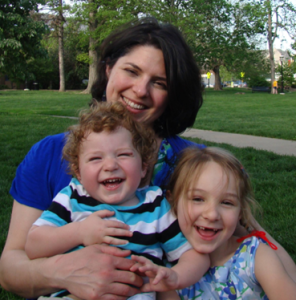
Naomi with her daughter, Liberty, and son, Barrett, on Mother’s Day 2014
My thirties were a bottleneck of trying to catch up professionally while also starting a family. I don’t recommend this path, but now that I’m on the other side, I’m grateful for where I’ve ended up. After grad school, I was offered a tenure-track job as an English professor at a small liberal arts school in Iowa where I teach writing courses and direct the writing center. I love what I do and the people I work with.
For much of my professional life, I’ve done everything in my power to pass as “normal” especially in academic circles. I’ve seen myself as desperately trying to catch up, to make up for the impact of the educational barriers I’ve experienced. More recently, though, I’ve started to think about how these years of struggle may have also equipped me to help others who are overcoming educational barriers. To that end, my cousin Marilyn Rebecca Coblentz and I have started a podcast called Uncovered: Life Beyond. It is an advice podcast for first-generation, nontraditional students who have experienced educational neglect and are recovering from high-demand religion. (Curious? Listen to our recap of the Symposium here.)
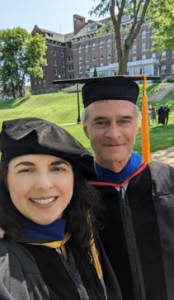
Naomi with her current partner, Dave, at a recent graduation at the college where they both teach
When I think back to my perspective as a teen, college felt like a far-off world with a mysterious portal that was hidden from me. My hope is that through this podcast, my two decades of academic experience can help uncover that portal and demystify the process for others who are trying to find their way through similar barriers. We want to encourage anyone who is feeling trapped and out of options that they don’t need anyone’s permission to take ownership of their literacy. Their dreams and aspirations are worth fighting for, no matter how their sponsors may have worked to constrain them.
In conclusion, while we can’t undo the impact of our literacy sponsors, we aren’t doomed by them either. If we can find a way to leverage the knowledge we have gained thus far in life in order to open up new options for ourselves, we might one day find ourselves on the moon after all.
Works Cited
Brandt, Deborah. “Sponsors of Literacy.” College Composition and Communication 49.2 (1998): 165-85.
###
How an Amish Boy Became a Physicist, Part 1
Today I bring you the amazing story of Leon Hostetler’s educational journey that took him…
To order a signed copy of my book(s), click on an image below. You will be taken to the books page of my author website to purchase.


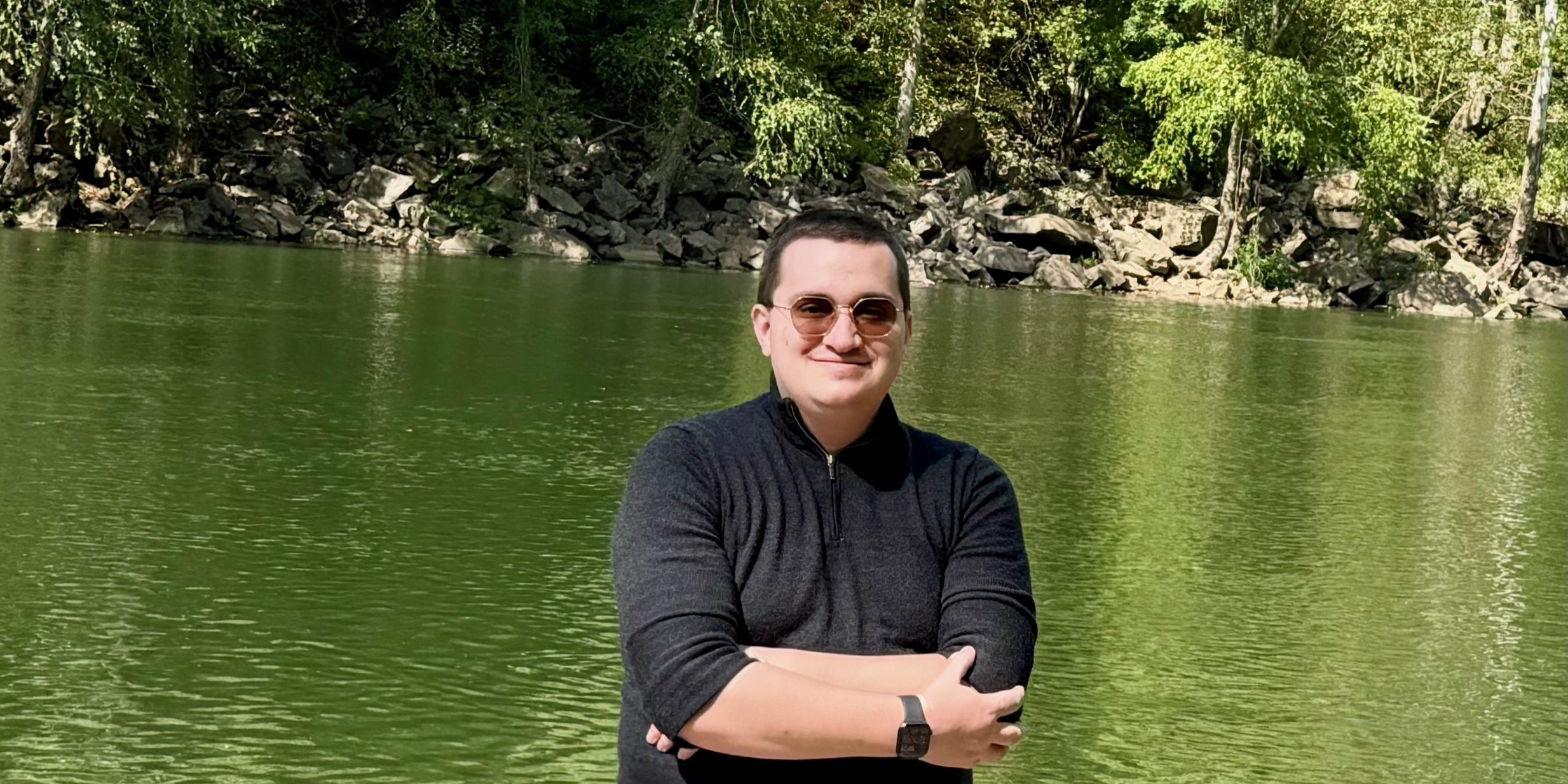
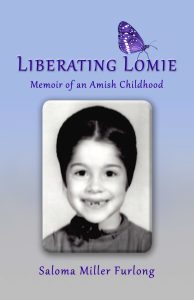

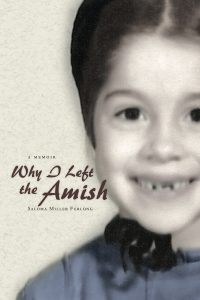
Naomi mentioned that her parents were scared she had joined a cult, yet they were the ones trying to keep her from leaving. Maybe the word’s overused, but would you consider the Amish a cult because they will go to extreme measures to keep their children from leaving the Amish? Recently, I read an article recommending that when a member of your church leaves for another church, to treat them well when you see them again. “Don’t treat them like a leeper or like they walked away from faith,” were the exact words. Finally, the article said: “The only type of group that treats people indifferently when they leave their group are ‘cults’.”
Hi Jim, Thanks for reading and for your comment. Over time I’ve found it more helpful to identify cultlike or high-control behaviors (which can be found in all types of organizations and institutions) rather than making definitive statements about whether or not a specific group is a cult. I agree that the way a group treats former members says a lot about the health of the group; that said, the Amish tradition of shunning can be practiced differently from place to place so it’s difficult to make a universal statement. In fact, one of the important distinctions between the Beachy Amish tradition (that I was raised in) and the Old Order (which my grandparents were born into) was to “soften” the practice so that it would only apply it to those “living in unrepentant sin” and not to those who merely left for a different denomination. Nevertheless, a family (of any background) doesn’t have to call on a formal shunning practice to communicate their strong disapproval of a family member’s decisions. 🙂
Naomi, thanks for your prompt reply. I really like the way you answered my question. I didn’t want to lead you, so I didn’t tell you that I don’t believe the Amish (as in everyone) are a cult. You’re also smart to avoid the word “cult.” I’m going to do the same. I agree with you when you talk about people and Orders doing things differently and how they continue to change. Who of us can say we haven’t changed and continue to change? I’ve found that experienced/wise people, like you, often answer a question by beginning this way: “It depends . . .”
Peace out, Jim
PS. As a writer, I must commend you on your excellent essay/article/post. Sounds like a thesis–or a book–to me!
You’re very kind, Jim. Life is all about contingencies, isn’t it? Who knows–maybe once I’m through this current life stage of balancing parenting and work, I’ll have the bandwidth to think about writing for publication.
My father’s ancestors came from Heimiswil (near Bern), Switzerland. As professed Mennonites (Anabaptists) they were penalized, arrested, jailed in a local castle-prison (Trachselwald), and, divested of all possessions, fled north to Germany, then Ukraine then the U.S.
Always maintaining their faith.
I, like you, have moved on and have enjoyed a fine education and a productive career.
I now understand that all religion is merely opinion, one person’s ideas against another’s. No more, no less. My great escape.
Thank you for sharing about your experience, Rodger. I didn’t realize that Russian Mennonites also originated from Bern, Switzerland, but your comment inspired me to brush up on my history and find out that, indeed, they did! (I was aware that many of them came from parts of the Netherlands and Belgium.) I have an aunt and an uncle who married into a family of Russian Mennonite descent; in fact, when I was a child we attended my uncle’s wedding in Belize where his in-laws lived at the time. I was only five, but I still have many vivid memories of that trip! Through these connections (and others), I’ve learned about the incredible hardships that many Russian Mennonites have experienced throughout the centuries–hardships far beyond anything that Amish and other Swiss Anabaptists in the U.S. ever experienced. Congratulations on your achievements! I don’t know what your path has been like, but I can guess that learning to differentiate empirical knowledge from traditional knowledge/unsubstantiated opinion was a game-changer. It certainly was for me!
Hi Naomi, have you heard of Martyrs Mirror? That book cites all of the martyrs beginning in Biblical time up through the Reformation.
Delbert’s Great Grandfather brought his family from Russia because the Bolshevik’s had taken over and the Mennonites lost the privilege of not serving in the military. They came in 1893 on a ship named Dubbledam, leaving one married son behind and they never heard from them again. When in Germany, visiting my cousin Rainer Burkart who is a Mennonite pastor, we had dinner with two Penner ladies who had horrific stories to tell. I’ll tell you later in person. It was an eye opening trip to say the least!
Hi Pat! So good to see you here! Yes, as long as I can remember, a copy of the massive Martyrs’ Mirror was on our bookshelf. We didn’t open it very often, but it was certainly a presence in our lives. It’s hard to imagine what that must have been like to leave Russia under those circumstances and see your family torn apart like that. Let’s catch up sometime!
Thanks for your story, Naomi. Like most everything, the Amish are complex. There are definitely some wonderful attributes they have that have fascinated us “English”—like the way they help each other, witness “barn raisings” and the like, and their work ethic—but then some stuff that is pretty shocking and appalling.
I’m happy you were brave enough to find the path that is right for you.
Thanks for reading, Kensi, and for your comment. You’re right–human beings, regardless of the context, are complex and multifaceted. The better we understand that, the more we can see the human dignity in everyone and the less likely we will divide ourselves into rigid “in” and “out” groups.